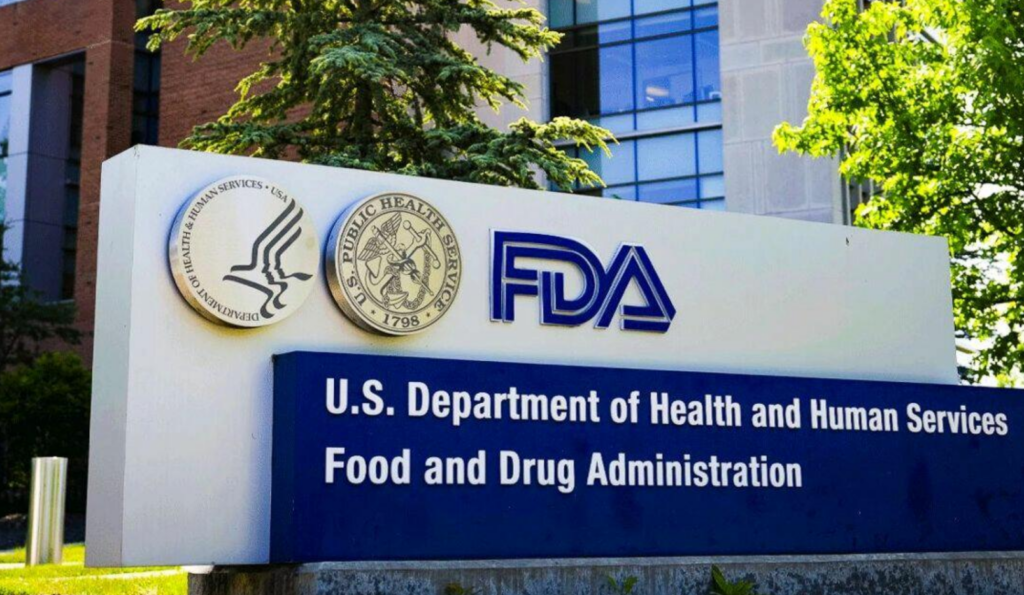
[ad_1]

Authored by Amie Dahnke through The Epoch Occasions (emphasis ZeroHedge)
In an effort to encourage the invention of extra remedy and diagnostic choices within the medical area, the U.S. Meals and Drug Administration (FDA) has finalized a rule permitting sure medical trials to function with out acquiring knowledgeable consent from individuals.
The hitch? The research can’t pose greater than minimal threat to people and should embody acceptable safeguards to guard the rights, security, and welfare of these concerned.
The rule was issued in late December 2023 and went into impact on Jan. 22, 2024.
“We anticipate this new rule will allow minimal threat analysis that will not be practicable to conduct in any other case,” Dr. Robert M. Califf, serving commissioner of Meals and Medication for the FDA, wrote on his FDA weblog, “Catching Up With Califf.“ ”This might embody research evaluating the effectiveness of accepted merchandise to find out which choice works greatest for sure sufferers.”
The FDA initially proposed the rule in November 2018, allowing an institutional assessment board to waive the requirement for knowledgeable consent underneath sure situations. The company acquired fewer than 50 remark letters on the proposed rule from academia, institutional assessment boards (IRBs), public advocacy teams, trade, commerce organizations, public well being organizations, and residents.
Many of the feedback favored the company’s efforts, supporting the rule as a result of it lowered administrative burdens on each IRBs and researchers whereas encouraging invaluable analysis on necessary well being points affecting the general public with out placing trial individuals in danger, in keeping with the FDA.
Pure Blaze is Google-Free — We Want Your Help
Contribute Simply $1 Per Month at Patreon to Help the Reason for Well being Freedom
Not all feedback had been supportive, with some warning that “a waiver of consent could also be essential and ethically justifiable for sure varieties of medical investigations which can be essential for medical development, affected person care, and security.” Two commenters believed the rule merely goes “in opposition to the spirit” of defending people in drugs.
Nevertheless, many researchers famous of their help that sure minimal-risk trials are practically unimaginable to conduct if consent is required. One instance contains the evaluation of a retrospective information assessment; earlier than the brand new rule, such a research required knowledgeable consent from the sufferers whose information had been being studied. By with the ability to dig into such info, these researchers and the FDA argue they are able to make medical developments with out sacrificing affected person security or rights.
A Street Towards Eroded Belief?
A lot of the pushback in opposition to the brand new rule prompt the modifications would enable IRBs to compromise on requirements increasingly, including that the time period “minimal threat” is just too imprecise and might be misinterpreted or abused. The outcome can be decreased public belief in analysis and well being care suppliers.
“No third events, together with IRBs, needs to be allowed to make choices for research topics as to what constitutes ’minimal threat,’” one commenter said.
Minimal threat, as outlined by the FDA, means the probability of experiencing hurt or discomfort just isn’t larger for a topic throughout a research than for them throughout on a regular basis duties. In different phrases, there’s minimal threat in practically each exercise, from strolling to placing away the dishes to selecting the children up from faculty; the research’s threat can’t exceed the danger one experiences each day.
The ruling comes at a time when the FDA can’t afford to lose any extra public belief; the company has been trying to rebuild its fame after the COVID pandemic, throughout which many consider it was closely swayed by political affect. The company has been known as upon by trade leaders to tighten its prescription drug and medical system approval course of—and to make it extra clear.
In his weblog submit, Dr. Califf says the brand new rule is a begin.
“These efforts will promote extra strong medical analysis to generate the proof wanted to tell medical choice making and in the end improve remedy and diagnostic choices for sufferers,” he wrote.
The U.S. Meals and Drug Administration (FDA) in White Oak, Md., on June 5, 2023. (Madalina Vasiliu/The Epoch Occasions)
Sourced from ZeroHedge
[ad_2]